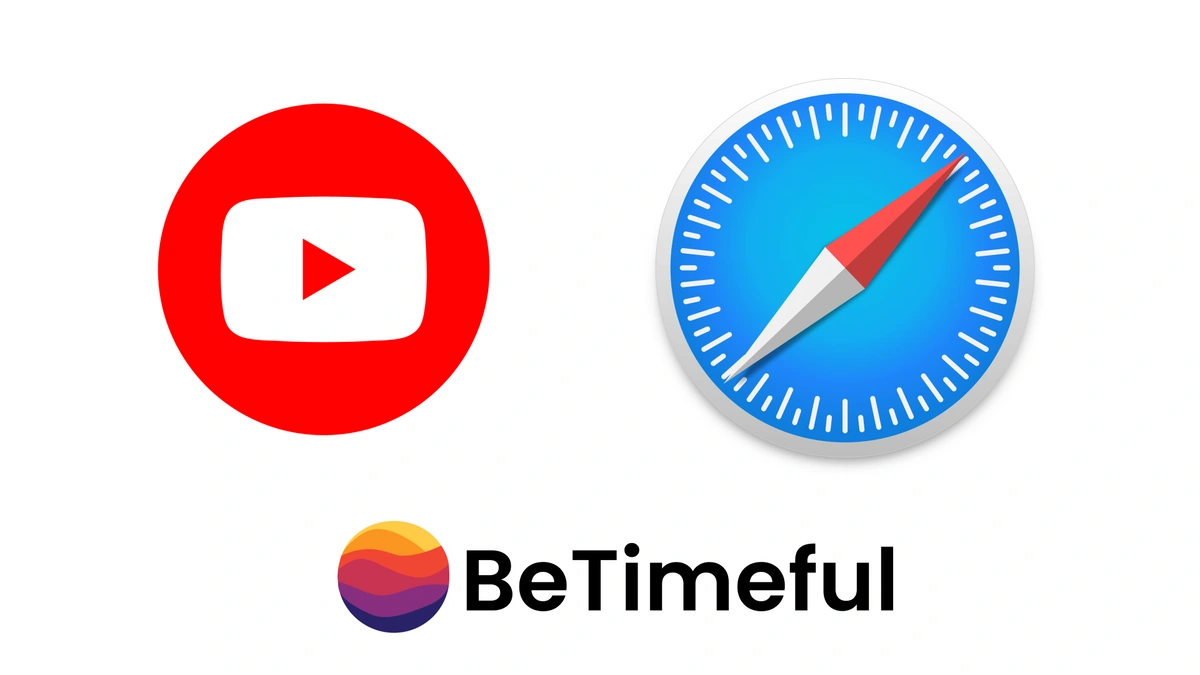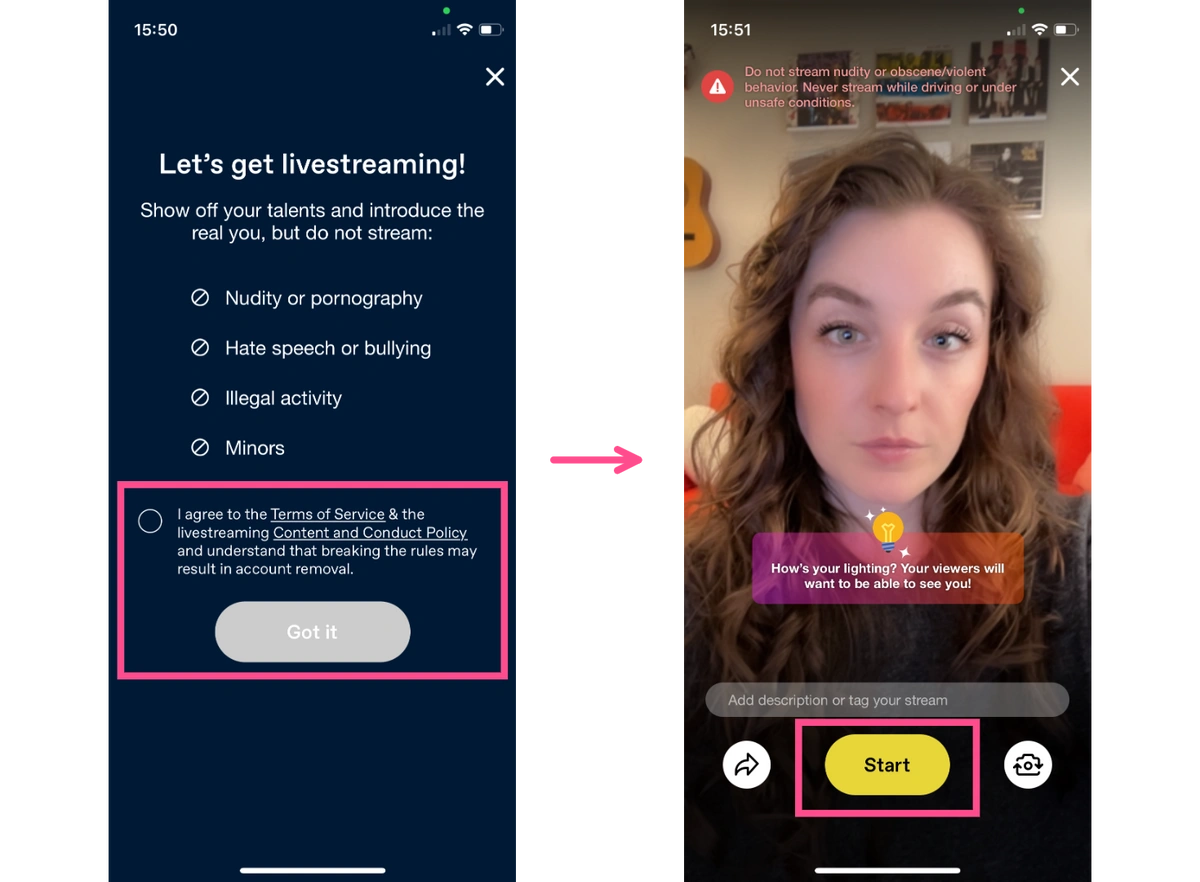How to Block Mind-Reading Technology: A Guide to Guarding Your Thoughts
In a world where our smartphones know more about us than we do, the thought of how to block mind-reading technology doesn't seem too far-fetched. Here's how to keep your thoughts to yourself, because let's face it, some things are better left unsaid—or unthought.In an age where privacy is as precious as it is scarce, the advent of mind-reading technology isn't just a marvel; it's a potential menace to our mental sanctuaries. With devices tracking our every click and location, the leap to tracking our thoughts could be the next privacy battleground which is why we've written how to block instagram on my iPhone
This guide is your digital shield, your cerebral sanctuary, a robust method for ensuring your private thoughts remain just that—private. We'll dive into practical steps to help you safeguard your innermost musings from the prying circuits of brain-computer interfaces. Because in a time when is a common query, we foresee a future where 'how to block mind-reading technology' could be just as, if not more, pressing. So, buckle up as we embark on a journey to armor your thoughts against the invisible intrusions of tomorrow's tech.
Apps to Block Mind-Reading Technology
1. BeTimeful: Use Social Media Without Getting Used by it
How many times have you gone to Instagram for a quick break, just to find yourself 10 ft down the Feed with hours passed by?.... ✋✋✋
Don't worry, we're not asking you to block your social media but use a FREE APP on Android and iPhone called BeTimeful to block any mind reading technology from your devices.
Unless, you need a timed break to connect with the world before the app kicks you out ⏱
So You Also Enjoy a Less Scrolling, More Winning Life or as called the 1%
As the world's ONLY mobile news feed eradicator, BeTimeful makes sure your screen time report never goes to the roof. In Summary, here's what BeTimeful does for you:
✅ Removes Your Instagram, YouTube, Linkedin, Facebook.. News Feed 🔥
✅ Hide Any App You Want from Your Phone 🚫
✅ Timed Breaks to Check Your News Feed Before Kicks You Out! ⏰
✅ Available across all your devices 📱💻
2. Unhook
YouTube is Mother of all Mind-Reading Technology to feed us content that leaves us down to it's rabbit hole, which is why you've to use Unhook on iPhone or Android for FREE so you can Use YouTube Without Getting Used By It as it blocks:
- YouTube's NewsFeed (Unless You Need a Timed Break)
- Blocks Your YouTube Ads
Think of Unhook as a Distraction-Free YouTube Premium that's For Free.
✅ Distraction Free YouTube 🔎
✅ Timed Breaks to Enjoy YouTube Before Your Time is Out ⏱️
✅ No YouTube Ads 🚫
✅ Background Play Videos 🤯
What is Mind-reading Technology?
Imagine you're considering entering monk mode because you're convinced that the only way to prevent technology from reading your mind is to live like a hermit. Mind-reading technology, often portrayed in science fiction as a tool for telepathically accessing someone's innermost thoughts, is slowly becoming a scientific reality, albeit in a more nuanced and technical form. This technology, fundamentally grounded in neuroscience and advanced computing, aims to interpret human brain activity and translate it into understandable data or commands. It's not about hearing thoughts in words but about understanding the patterns and signals our brains produce.
Understanding the Basics on how to block mind reading technology
At its core, mind-reading technology involves the use of brain-computer interfaces (BCIs) and neuroimaging techniques to monitor and interpret the electrical and metabolic activity of the brain. Techniques like electroencephalography (EEG), functional magnetic resonance imaging (fMRI), and near-infrared spectroscopy (NIRS) are pivotal in this field. They provide insights akin to deep work summary of how different areas of the brain activate during various thoughts, emotions, or tasks.
Applications and Advancements
The applications of this technology range from medical and therapeutic to consumer electronics and security. In medicine, BCIs can help individuals with paralysis communicate or control prosthetic limbs with their thoughts. For the general public, there are already rudimentary devices that allow users to play video games or control gadgets through concentration or relaxation techniques.
Researchers are also exploring how to decode specific patterns related to language processing or visual recognition, aiming to translate these into text or images. This could eventually lead to breakthroughs where, for example, a person's imagined speech is converted into real-time spoken words or text, offering profound implications for those unable to speak due to injury or illness. In a world increasingly advocating for digital minimalism, this marks a significant shift from consumer electronics that often contribute to life-enhancing tools.
Ethical and Privacy Concerns
As mind-reading technology progresses, it raises significant ethical and privacy issues. The ability to access and interpret someone's thoughts without consent is a contentious topic, with implications that may require a dopamine detox for society as we grapple with the boundaries of privacy and the definition of consent. There are concerns over how this technology could be misused in surveillance, criminal justice, or even employment. Establishing clear ethical guidelines and legal frameworks around the use of mind-reading technology is crucial to ensure it benefits society without infringing on individual rights and freedoms.
The Future of Mind-Reading Technology
The future of mind-reading technology is both exciting and uncertain. While the prospect of enhancing human communication is promising, the challenges and risks cannot be overlooked. The focus must also be on the social, ethical, and legal implications, providing a blueprint that could be as vital as productivity tips for real estate agents in managing the rapid pace of technological advancement.
In essence, mind-reading technology represents a frontier at the intersection of neuroscience, ethics, and information technology. Its development and deployment will require a careful balance between leveraging its potential benefits and safeguarding against its risks. As this field evolves, it will undoubtedly continue to spark debates, inspire innovation, and possibly redefine the boundaries of human interaction and privacy.
What’s the point of blocking Mind-Reading Technology when you can use a free app called BeTimeful available on IOS & Android to hide it so You Stay Connected, Not distracted Unless you need a timed break before your time is up!
BeTimeful:
- Hides Your News Feed of You Instagram, YouTube, Linkedin 🔥
- Hide Any Apps From Your Phone 📱
- Take Timed Breaks Before Your Time is Out ⏱
- Available Across All Your devices 📱💻
So try out BeTimeful for Free
FAQ
Q: How can we prevent mind-reading technology?
A: Prevention is better than cure, especially when it comes to uninvited guests in your brain. The key lies in understanding the mechanisms behind the technology—whether it's based on detecting brain waves or subconscious signals, much like how productivity apps for iPhone are designed to understand user habits to boost productivity. Once you know how it works, you can start adopting countermeasures. These might include using brain-computer interface (BCI) shields, engaging in mental exercises to control your thought emissions, or simply mastering the art of misdirection. Think about pizza when you're actually pondering your bank PIN—just in case.
Q: How do I block a mind reader?
A: If you suspect someone's tuning into your thoughts, don't panic. Start by shielding your brain activity. This can range from wearing headgear designed to block electromagnetic signals to practicing mindfulness and meditation to reduce mental "noise." Also, consider diversifying your thoughts or focusing intensely on specific non-relevant ideas (like llamas wearing hats) to throw off any potential mind readers, a technique similar to the dopamine detox challenge where you redirect your brain's attention to break habits.
Q: How do you counteract mind-reading?
A: Counteracting mind-reading involves a mix of psychological and technological strategies. Psychological tactics include training your mind to be disciplined and less predictable, using mental "static" or noise to obscure your true thoughts. Technologically, investing in devices or apps that claim to jam or disrupt mind-reading signals could offer another layer of defense. Be wary of the effectiveness and legality of such devices, though.
Q: What are the potential risks of mind-reading technology?
A: Beyond the obvious privacy invasion, the risks include psychological distress, manipulation, and unauthorized data collection. There's also the danger of misinterpretation—what if a fleeting, irrational thought is taken out of context? Furthermore, the technology could exacerbate societal divides, with those able to afford countermeasures enjoying more privacy than others.
Q: Is mind-reading technology real?
A: While we're not at the point of reading specific thoughts or intentions directly from someone's mind, advancements in neuroscience and technology have made significant strides in interpreting brain activity patterns. These can reveal general states of emotion or attention, but translating this into accurate, specific thought reading is still largely in the realm of science fiction. For now, your secrets are safe—unless you're posting them on social media, that is.
Conclusion and Takeaways
The prospect of mind-reading technology brings with it a host of ethical, privacy, and security concerns. While we might not need to worry about someone stealing our thoughts just yet, staying informed and prepared is never a bad idea. Remember, the best defense against any form of invasion—mental or otherwise—is awareness and preparedness.
So, whether you're donning your stylish anti-BCI headgear or simply practicing mindfulness to keep your thoughts under wraps, the power to protect your mind lies within you (and maybe a bit in your choice of headwear). As we navigate this brave new world, let's keep our brains to ourselves and our thoughts a little less broadcasted. After all, some mysteries are meant to remain unsolved—like why we all can't stop thinking about those llamas wearing hats.

















